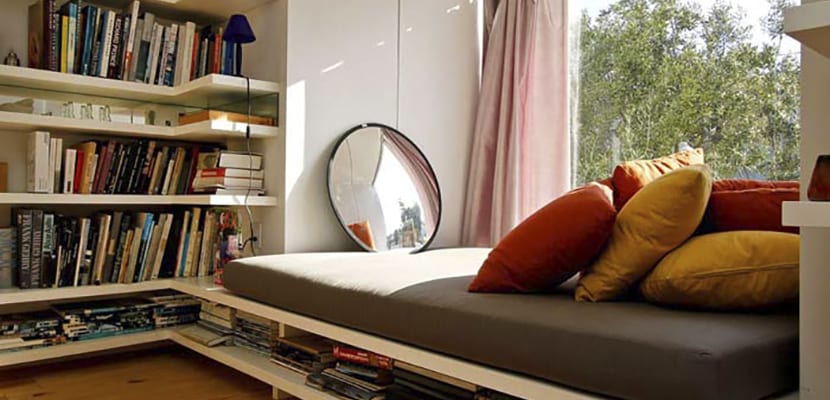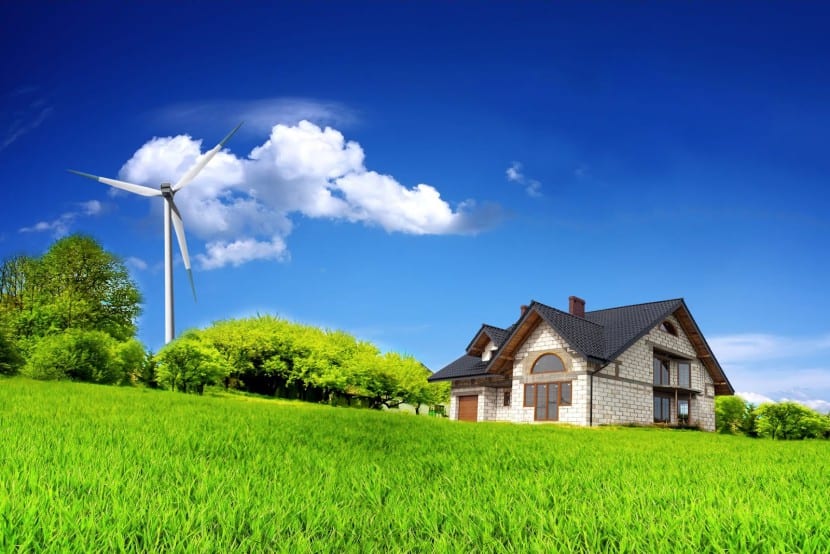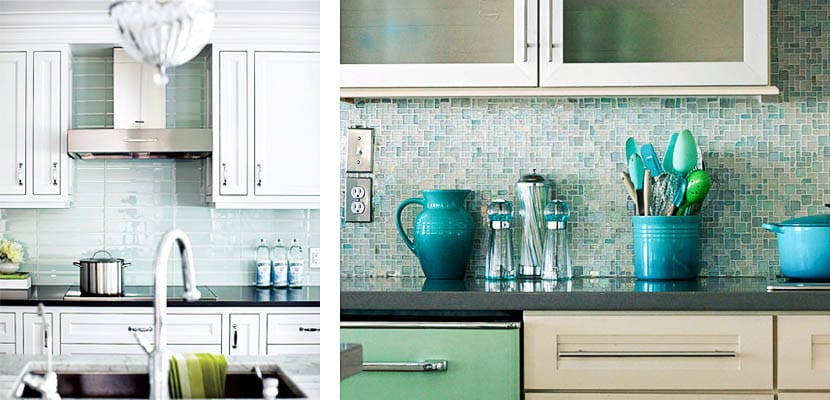
Our planet will only be well cared for if each and every one of us does our part to achieve it. It is not easy for many people to see how the planet is having problems and how nature is slowly dying because of people. Human beings have in their power to change this by recycling and making responsible use of the materials we have on hand.
Your home can be more ecological if you take into account some things and above all, you will be helping the environment with your responsible use. From now on, do not forget about each of these materials to avoid them in your home, because by becoming a conscious consumer, you can achieve real changes.
In fact, all people should take into account the care of the planet and our health so that together, we could live in a better world without standardizing materials that should really be replaced by others for the good of the planet and the health of the people.
Have a green home
Knowing what to look for in a green home isn't too complicated - you want energy-efficient systems, well-insulated windows and walls, maybe a small covered herb garden, and other common upgrades. But do you know what to avoid? The chemicals and materials that go into some of the more structural parts of your home (like adhesives, building materials, and paint). These materials could be emitting dangerous toxins that will affect both you and your family and are also harmful to the environment.

Volatile organic compounds
Volatile organic compounds are organic pollutants that appear in a wide variety of common home and office products: paint, cleaning materials, permanent markers, and furniture (among many others).
They affect indoor air quality and can cause side effects ranging from headaches and nausea to liver or kidney damage. So how can you avoid them? You are better off looking for versions with low levels of VOCs or no VOCs at all. If you buy materials with volatile organic compounds, then you need to buy small quantities or use them in ventilated areas to avoid major health problems.

Formaldehyde
You are very likely to find formaldehyde in bulk-produced building materials and in plywood products, such as plywood panels or particle board that are held together with adhesives containing heavy formaldehyde.
Formaldehyde emissions can make your eyes water or make you feel nauseous. Formaldehyde has also been linked to cancer in laboratory animal studies. To reduce the risk, you should look for hardboard products that are made with phenol resins instead of urea resins. and make sure your home is well ventilated every day.
Phthalates
Chemicals known as phthalates can be found anywhere from home and shower curtains to glue and insecticides, so they're not that easy to avoid.
According to the National Library of Medicine, exposure to phthalates occurs through air, water or food, and although the effects of phthalates cannot be confirmed, they are considered "reasonably carcinogenic to humans." In this sense, it is necessary to stay away from them in any part of your home. Avoid food in plastic or cans, put leftover food in glass containers instead of using plastic.

Oil
Oil is found anywhere today, but if you want your home to have minimal environmental impact, you will have to avoid using oil as much as possible. This not only means having a hybrid car, but you also have to change the entire decoration of your home for ecological materials and even switch to the use of alternative energy.
Oil is in everything from paraffin wax and Teflon to the nail polish you wear every day. In order to avoid the use of oil, at least in an excessive way, you will have to become a conscious consumer and think twice about what a product is made of before buying it.
It may not be easy for you to make these changes in your life to have an ecological home, but it is enormously worth it since in this way, in addition to taking care of the environment (which is everyone's job), you will also be improving your health and that of your whole family. These chemicals are very standardized in the current market, but in reality they are quite dangerous for health even if nobody says anything or is not on the news. It will be your duty to be a conscious consumer to buy the best and healthiest materials for your home, either at the construction level or at the decorative level.